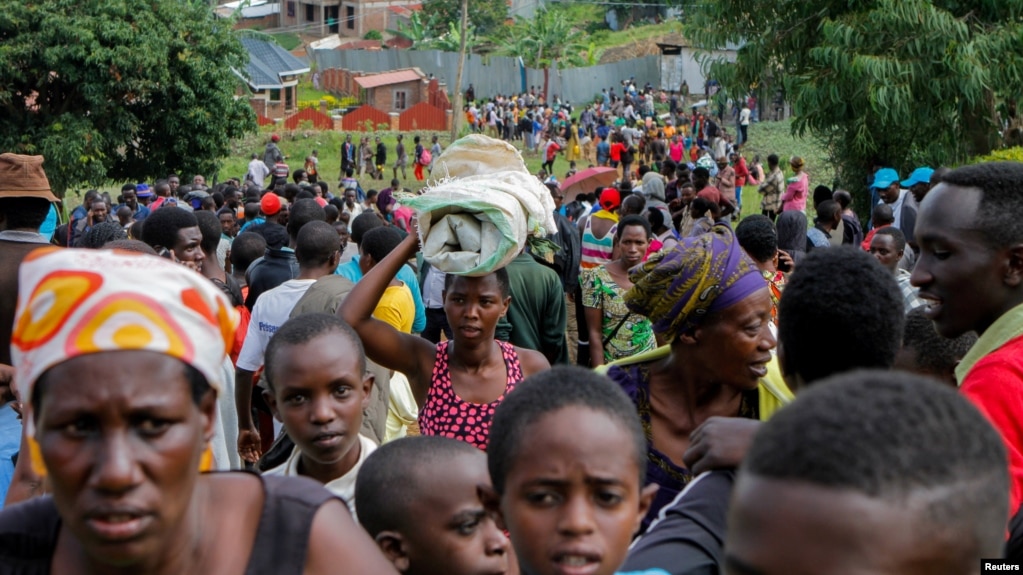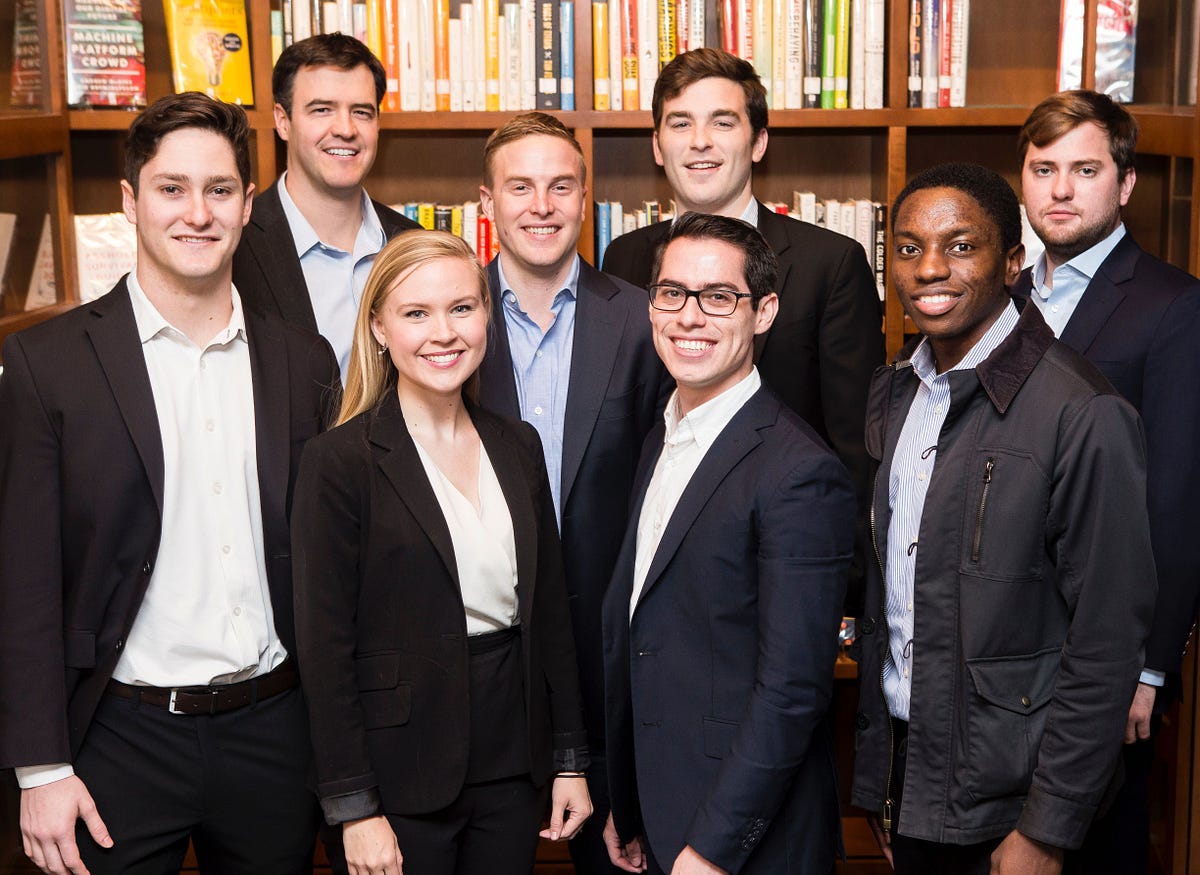By Bernard Tabaire
Our man, call him President Museveni, makes a respectable showing. He comes in at number 19 out of 23. At number 20 is President Paul Kagame of Rwanda. The Top 5– in order – are Kim JongII of North Korea, Robert Mugabe of Zimbabwe, Senior General Than Shwe of Burma, Omar Hassan al-Bashir of Sudan, and Gurbanguly Berdimuhamedov (just bite your tongue) of Turkmenistan. These guys are the meanest dudes sitting in State House on the planet today. That is the opinion of an acerbic Ghanaian political economist based at the American University in the United States.
Dr George Ayittey’s list appears in the July/August 2010 issue of Foreign Policy magazine, an American publication I hitherto thought had better things to do than publish fatuous stuff. The same magazine named the Ghanaian one of its Top 100 Public Intellectuals in 2008. No matter, the list is out there and may as well be given a second look. It is titled, “The Worst of the Worst: Bad Dude Dictators and General Coconut Heads.” Not easy to beat that. Apparently, a coconut head is “someone who is zany, silly, kooky”. Ouch!
He writes of President Museveni: “After leading a rebel insurgency that took over Uganda in 1986, Museveni declared: “No African head of state should be in power for more than 10 years.” But 24 years later, he is still here, winning one “coconut election” after another in which other political parties are technically legal but a political rally of more than a handful of people is not.” He argues that Mr Kagame “practices the same ethnic apartheid he sought to end”. That is tame because President Mugabe is described as a “murderous despot”.
It appears from the list that staying in power for more than 10 years is less of a crime than what you do while wielding that power. The list has leaders such as Raul Castro who has been at the top in Cuba for only two years, and Mahmould Ahamadinejad who has presided over Iran for the last five years.
In Uganda, it has always been difficult for the opposition to hold rallies and keep them together because the police or Kalangala Action Plan or lately, the Kiboko Squad, will break them up. The other day the Kiboko Men, whom the police incredibly claim they know nothing about, casually and publicly whipped Dr Kizza Besigye, the main opposition leader in the country. The aim was to humiliate him. While pro-government supporters can demonstrate against, and denounce, the courts, the same right and privilege cannot be extended to the opposition whose target is the Electoral Commission.
Political transgression, it would appear, can be forgiven. That becomes difficult, however, when corruption engulfs almost the entire state bureaucracy. Because of corruption and incompetence, Uganda’s public services are a complete shambles. After 24 years of enlightened NRM rule, horror stories still come out of our hospitals every day. UPE is doing its best to damage children’s minds.
But nothing exemplifies Uganda’s public services catastrophe as the City of Kampala. It is the undisputed Trash City of the World. And to say that its leaders are guilty of first-degree incompetence is to be generous to them. Things are so bad we residents of Kampala are numbed. Otherwise, we would be in the streets everyday demanding better. We are not. We are happy to run around in muck and filth as though we were obeying God’s commandment.
Speaking of which, if the churches organised a little differently, they could contribute immensely to change in the delivery of services shared by many. Church leaders, dubious as some of them maybe, command the attention of a lot of people. Instead of organising hate campaigns against gay Ugandans, the churches could, for a change, mobilise congregants to demand better schools, better hospitals and clinics, better roads, and better cities from their elected government. That is what makes the vote count.
President Museveni recognises the potential political power the churches and other religious groups have and therefore actively discourages them from engaging in politics. He erects boundaries that should not exist. When not planting barriers, he is keeping bishops happy with car gifts. His co-optation of church leaders is nearly complete.
Yet lack of organisation by citizens in various trades and faiths will ensure the continuation of the hell we are in. There is, however, some hope. The market owners in Kampala organised so effectively and kept their markets. That could be because losing their stalls meant losing money directly and it therefore became a mater of urgency. Regardless, there is something to learn from the people in Kisekka, Shauri Yako and Nakasero markets. If not, we will from now henceforth have a President who makes all the dodgy lists of the world. That is kinda embarrassing, even if I do not think highly of lists.
Mr Tabaire is a media trainer and consultant with the African Centre for Media Excellence
bentab@hotmail.com













